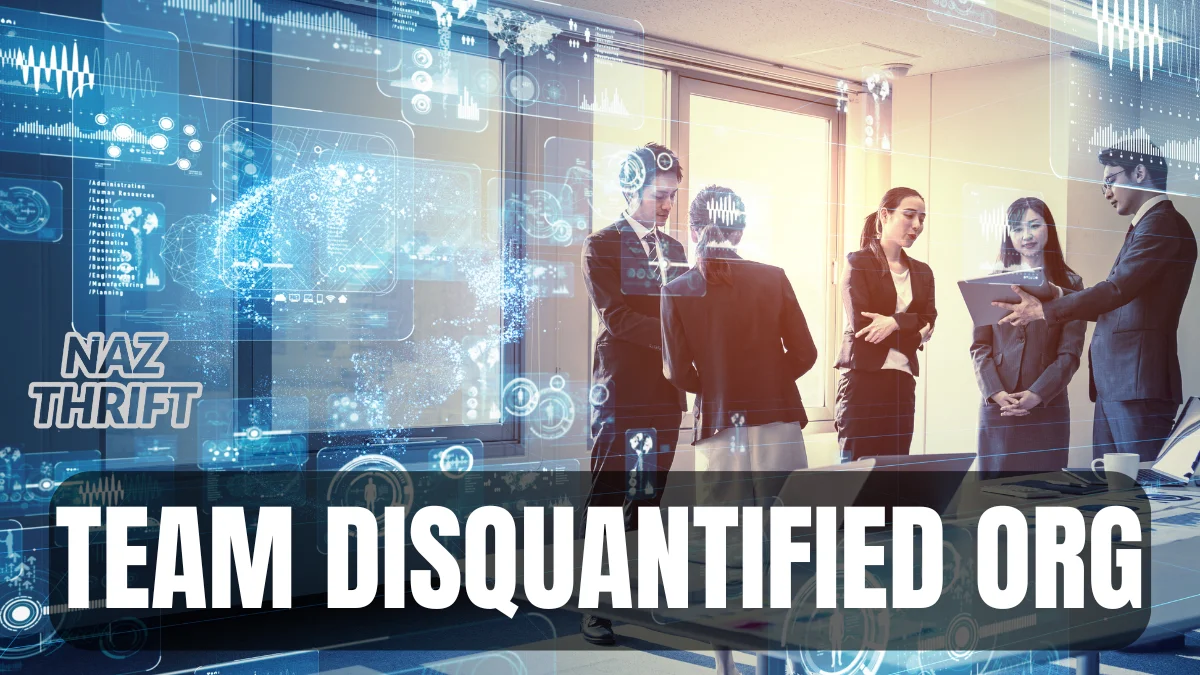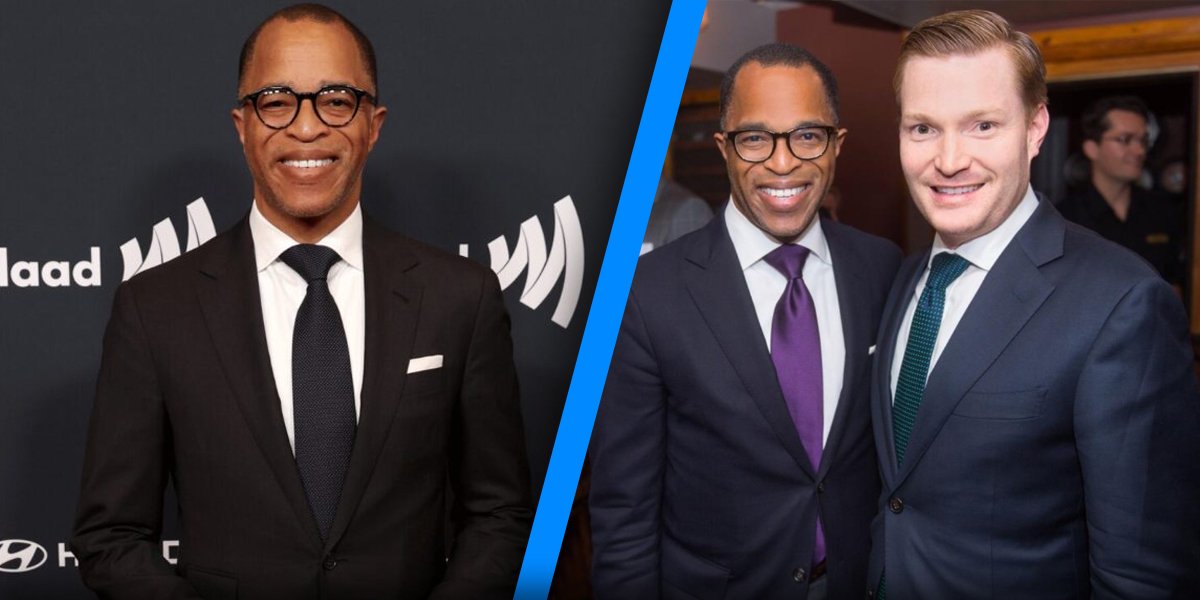Team Disquantified In the competitive world of sports, esports, and academic leagues, maintaining fairness and integrity is vital. When a team is labeled as “disquantified,” it signifies a severe breach of rules or ethics, often resulting in removal from competition. The term recently gained attention due to the controversy surrounding “Team Disquantified,” whose actions sparked widespread debates about fair play, rule enforcement, and reputation damage.
This article explores the term “disquantified,” the specifics of the case involving the team, and the broader implications for competitive institutions. From public reactions to expert insights, we aim to provide a comprehensive overview that not only informs but also encourages critical thinking about the ethics of competition.
Understanding the Term “Disquantified”
What Does “Disquantified” Mean?
The term “disquantified” is not a common part of competitive jargon, making it confusing for many audiences. Essentially, to be “disquantified” means that a team or individual has been retroactively disqualified or deemed ineligible due to violations discovered either during or after a competition. It combines the ideas of disqualification and invalidation, suggesting a more severe or procedural breach than typical disqualifications.
This term is often used in niche or highly regulated competitions where procedural fairness is prioritized. It may arise due to academic dishonesty, rule infractions, tampering with results, or unauthorized participation. Unlike standard disqualifications that occur on the spot, disquantification often follows investigations or appeals.
Origin and Context in Competitive Settings
The origin of the term lies in high-stakes competitive environments, especially in esports and academic leagues where compliance is strictly monitored. It’s used by organizations to signify a formal removal of legitimacy or eligibility, usually involving technicalities that are more than surface-level breaches. In legal terms, it is akin to the annulment of a result.
In sports or academic circles, it acts as a reputational blow, not just for the team but for their sponsors and affiliates. It reflects a systemic failure rather than an isolated mistake, making the term both rare and impactful.
Common Misconceptions About Disqualification vs Disquantification
Many confuse disqualification with disquantification. Disqualification often happens due to observable infractions such as fouls, cheating, or unsportsmanlike conduct, usually during the event. Disquantification, however, implies a post-event assessment that nullifies a team’s participation or results due to deeper, systemic, or procedural violations.
This misunderstanding leads to skewed public perception. While disqualification might be seen as a mistake or poor decision, disquantification often suggests premeditated misconduct or failure to comply with complex rules. It’s essential to understand this distinction to grasp the gravity of Team Disquantified’s case.
Team Disquantified: A Background
Introduction to the Team
Team Disquantified was a rising force in its field, whether in esports, science competitions, or another regulated space. Comprised of young, talented, and diverse members, the team was known for pushing boundaries, adopting aggressive strategies, and challenging the norm. Their ascent was quick, garnering praise from media, fans, and sponsors alike.
The team had participated in several prestigious events, earning accolades and climbing rankings. They symbolized a new generation of competitors—digital natives who mastered both skill and strategy. Their popularity soared, and with it, the expectations.
The Industry or Field They Belonged To
Though the controversy could apply to multiple domains, Team Disquantified was most prominently associated with competitive esports. This rapidly growing industry thrives on global online tournaments, live-streamed events, and multimillion-dollar prize pools. With such high stakes, rules are enforced strictly, and compliance is monitored continuously.
Esports has long battled image problems related to cheating, scripting, and doping (yes, even mental enhancers). Teams like Disquantified symbolized legitimacy and professionalism in this chaotic landscape. Their downfall was all the more shocking because of the ideals they were thought to represent.
Previous Notable Achievements Before the Incident
Before the incident, Team Disquantified had won two major regional tournaments and had placed in the top five globally. Their roster featured MVPs from various sub-leagues and a coach with a background in behavioral psychology, which contributed to their strategic edge.
They were widely tipped to win an upcoming international competition, with analysts calling them the “future of esports.” Multiple sponsors lined up endorsement deals, and major media outlets published flattering features on their rise. All of this added to the shock when the disquantification news broke.
The Event That Led to Disquantification
Timeline of Events
The controversy started brewing during the qualification rounds of a high-stakes tournament. Spectators and analysts noticed irregular gameplay patterns—strategies too precise to be natural. The suspicions triggered an internal audit by the event organizers.
Within a week, the investigation confirmed anomalies: data patterns inconsistent with fair gameplay. Anonymous tips and video evidence pointed toward rule violations. What followed was a full-scale inquiry that stretched over three weeks and involved third-party forensic analysts.
Initial Reports and Rumors
Initial reports were vague, describing “rule breaches” without specifics. Social media erupted, with some defending the team and others citing earlier suspicions of unethical behavior. Rumors ranged from cheating software to unauthorized coaching during live matches.
Gaming forums and Reddit threads were ablaze. Some fans dug up old matches to analyze patterns, while others demanded transparency from organizers. The lack of clarity only fueled more speculation.
Official Statement by the Governing Body or Organization
Eventually, the event’s governing body released an official statement: Team Disquantified had violated several core rules, including the use of unauthorized third-party tools and communication during restricted gameplay periods. As a result, the team was not only disqualified but officially disquantified—their results nullified and future participation banned for a year.
The statement stressed the importance of integrity and fair play, noting that while unfortunate, the decision was necessary to maintain the sport’s credibility.
The Rules That Were Broken
Official Competition Guidelines
Competitive tournaments, especially in esports, have stringent guidelines covering everything from player conduct and hardware usage to communication restrictions. The manual for the tournament Team Disquantified participated in was over 70 pages long.
It covered clauses like coach-only access during downtime, anti-cheat software compliance, and zero tolerance for scripting. Teams were required to undergo pre-match hardware scans and agree to surveillance during matches.
Specific Rule Violations Committed by the Team
According to the post-investigation report, the team used a private communication channel during matches to receive real-time data from an unauthorized analytics assistant. This violated both the fair play clause and the no-outside-interference rule.
Furthermore, forensic audits found scripts running in the background that enabled gameplay optimizations not permitted under tournament rules. These scripts weren’t traditional cheats but fell into a gray area that still constituted unfair advantage.
Precedents and Similar Cases in the Past
This wasn’t the first time such violations occurred in competitive gaming. Notable teams in previous years had been disqualified for scripting, stream-sniping, and collusion. However, disquantification is rare—used only when the violation is so severe that it nullifies the legitimacy of all results.
In that regard, Team Disquantified’s case became a landmark moment. It set a precedent for how rule enforcement would be handled going forward.
Investigative and Disciplinary Processes
How Investigations Are Typically Conducted
In high-profile competitions, investigations follow a multi-layered approach. It starts with suspicious activity triggers, followed by manual reviews, AI-assisted gameplay analysis, and sometimes, player interviews.
Independent panels are brought in to avoid bias, and any decision is double-verified before action is taken. Transparency, albeit delayed, is crucial to avoid backlash.
Evidence Presented Against Team Disquantified
The evidence included chat logs, game footage overlays, background app analysis, and whistleblower testimonies. Forensic investigators also recovered deleted files that hinted at the use of banned analytics tools.
The team had no plausible defense. Attempts to deflect blame onto rogue members failed, as communication records showed full-team awareness.
Hearings, Trials, and Verdicts
After three hearings—two internal and one public—the verdict was unanimous. The team was disquantified, stripped of their accolades, and suspended for 12 months from all partnered events.
The governing body emphasized that the punishment fit the crime, considering both the premeditated nature and the scale of violation.
Read more: From Severedbytes.net blog










